Learning about Who We Are
Dear Parents,
It’s been a month since the school term started. You might be wondering how well they are learning or acting in class. Peter, their teacher, is here to address some of your questions. The first two weeks were challenging since the kids had a hard time focusing and usually dealt with their issues by sobbing or acting out. They quickly adapted to new surroundings, routines, and friends with lots of patience and compliments.
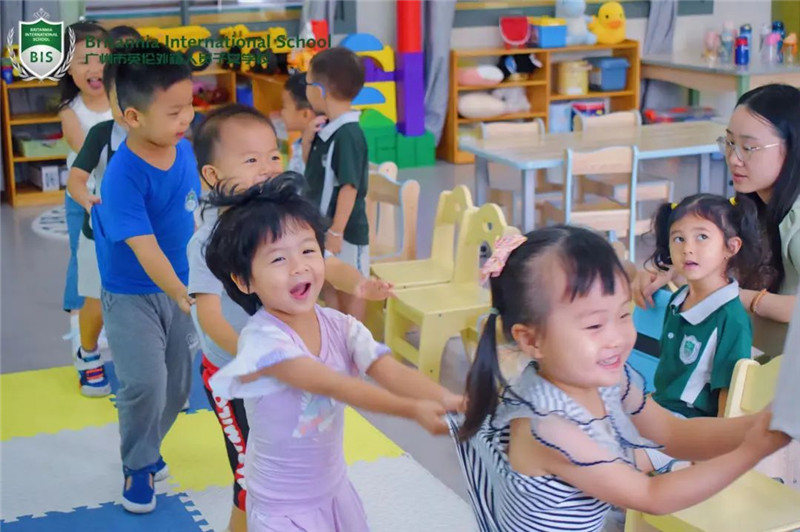
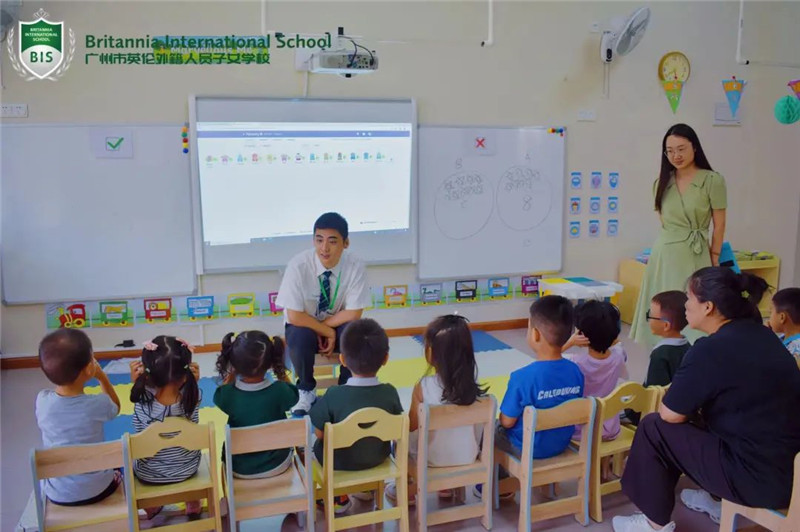
Over the past month, we have put a lot of effort into learning about who we are—our bodies, emotions, family, and capabilities. It is crucial to get children speaking English and expressing oneself in English as soon as possible. We utilized lots of entertaining activities to assist children learn and practice the target language, such as letting them touch, crouch, catch, search, and hide. Along with their academic progress, it's critical that students refine their motor abilities.
Their discipline and ability to maintain themselves have greatly improved. From dispersing to standing in a single line, from fleeing to saying sorry, from refusing to clean up to yelling "Bye-bye toys." They have made significant progress in a short period of time.
Let us continue to grow in confidence and independence in this safe, friendly, and respectful environment.
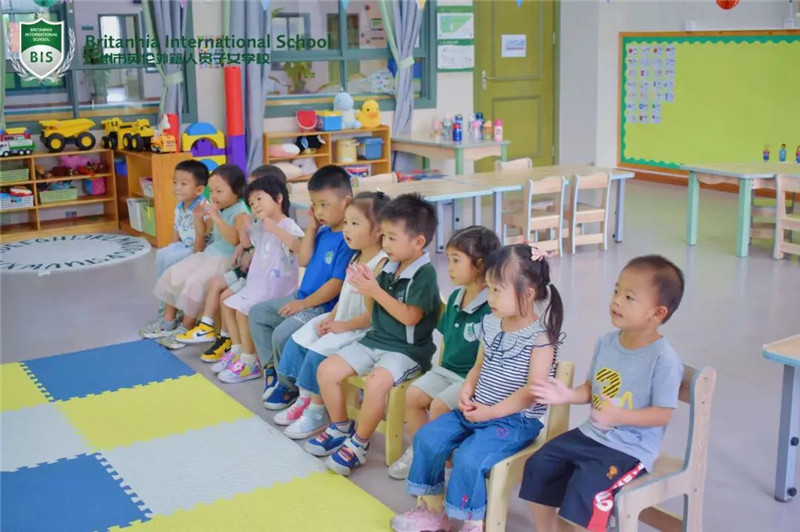
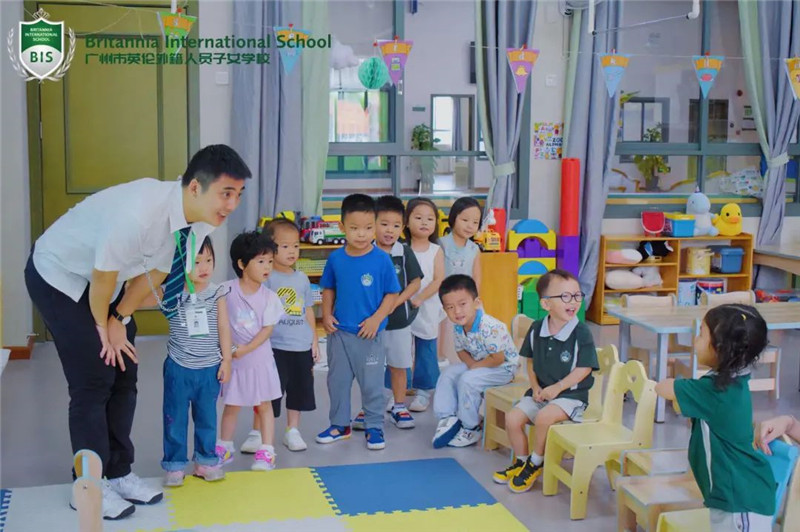
Healthy and Unhealthy Lifestyle Habits
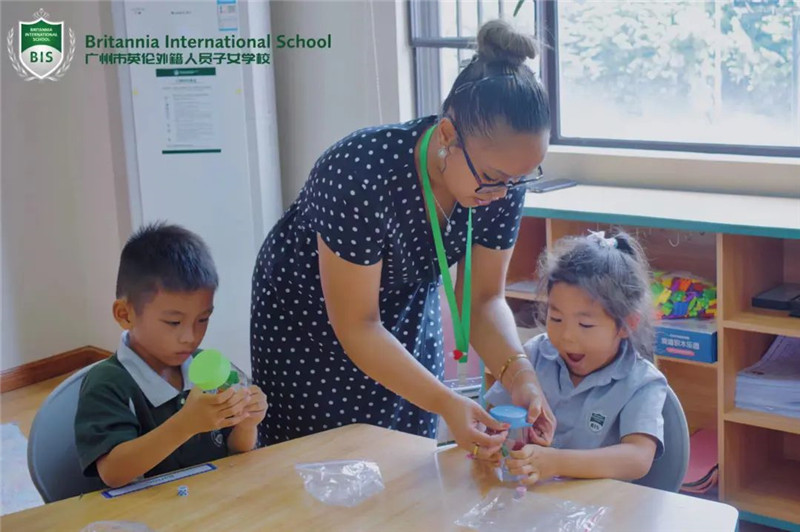
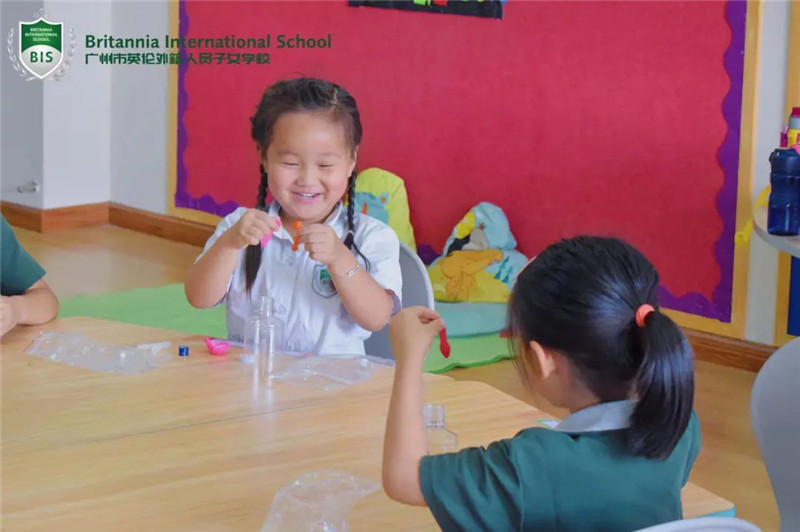
For the past few weeks year 1B students have been learning about healthy and unhealthy lifestyle habits. First, we started with the food pyramid discussing carbohydrates, fruit, vegetables, proteins, fats and how many of each portion are necessary to live a balanced lifestyle. Next, we moved onto food for different body parts and organs. During these lessons, the students learnt the functions of each body part and / or organ, how many of each both people and animals have after which we extended it to "Food for different body parts and organs". We discussed that carrots help our eyesight, walnuts help our brain, green vegetables help our bones, tomatoes help our heart, mushrooms help our ears, and that apples, oranges, carrots, and bell peppers help our lungs. As practical for the students to infer, make judgements and synthesize information we made our own lungs. They all really seemed to enjoy this and were quite intrigued to see exactly how our lungs contract and expand when we inhale and then relax when we exhale.
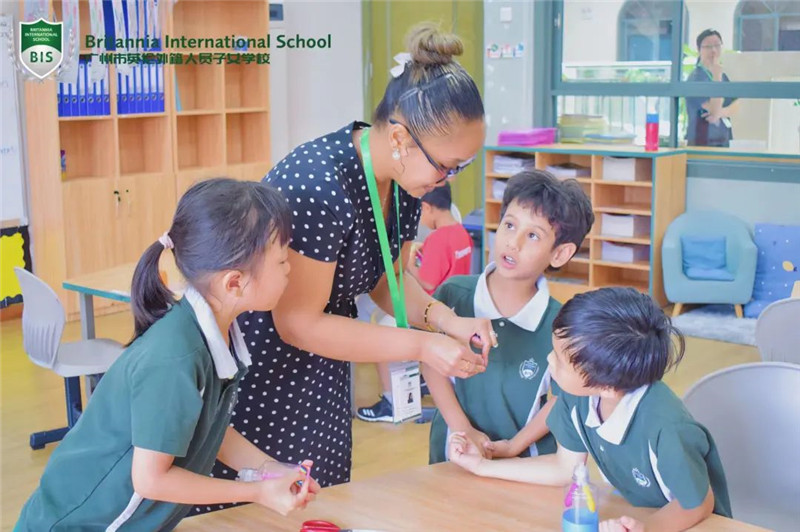

Secondary Global Perspectives
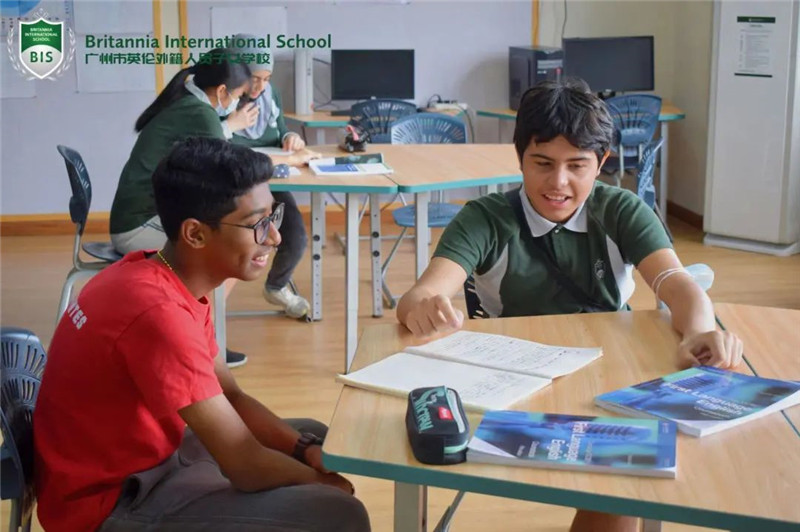
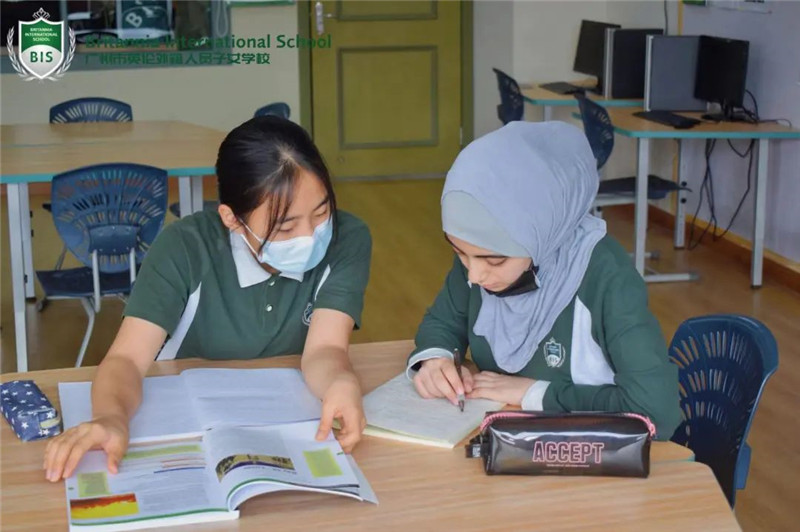
Hello parents and students! For those of you who don't know me, I'm Mr. Matthew Carey, and I teach Global Perspectives from Year 7 to Year 11, as well as English to Years 10 to 11. In Global Perspectives, students develop their research, teamwork and analytical skills by investigating different topics that are relevant to our modern world.
Last week Year 7 started a new unit about traditions. They discussed how they each celebrate birthdays and New Year, and have looked at examples of how different cultures celebrate the new year, from Chinese New Year to Diwali to Songkran. Year 8 are currently finding out about aid programmes around the world. They have created timelines showing when their country received or gave aid to help with natural disasters or other threats. Year 9 just finished a unit examining how conflicts occur, using historical conflicts as a way to understand how disputes can occur over resources. Year 10 and Year 11 are both working on a unit about cultural and national identity. They are creating interview questions to ask their family and friends about their cultural identity. Students are encouraged to create their own questions to find out about their interviewee's traditions, cultural background, and national identity.
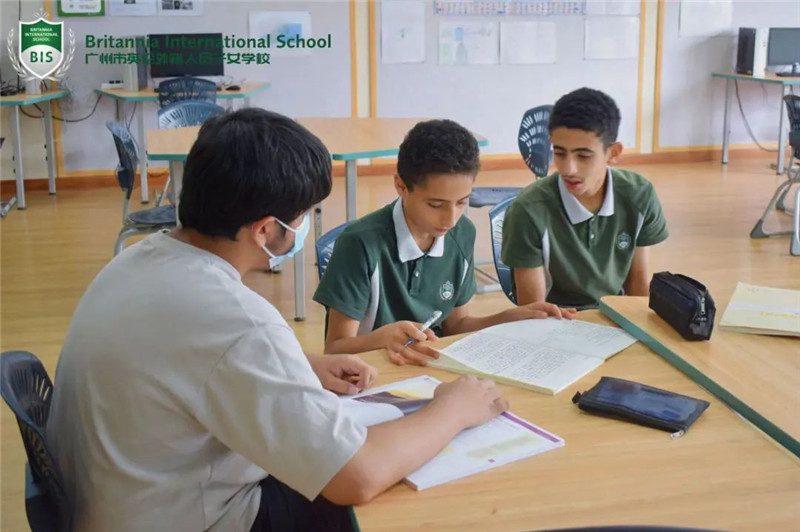
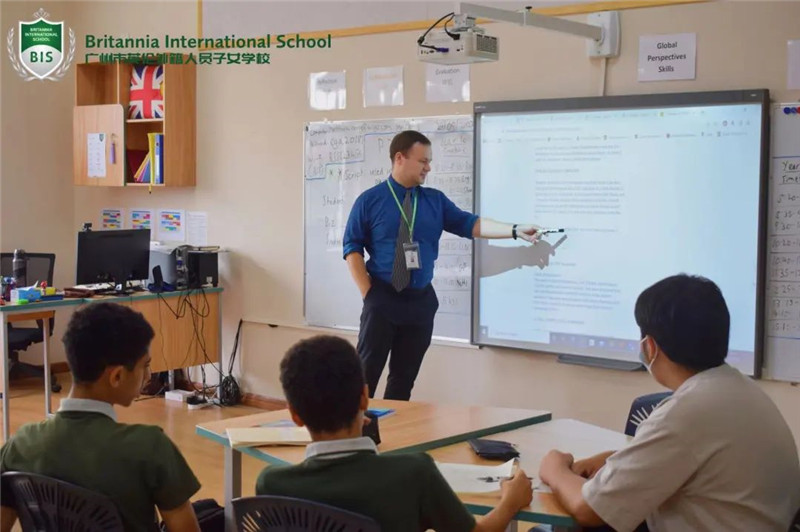
Chinese Character Songs
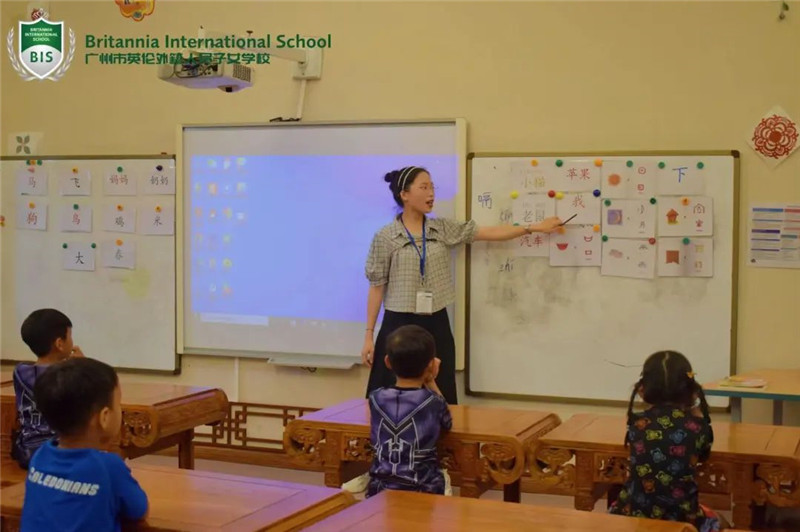
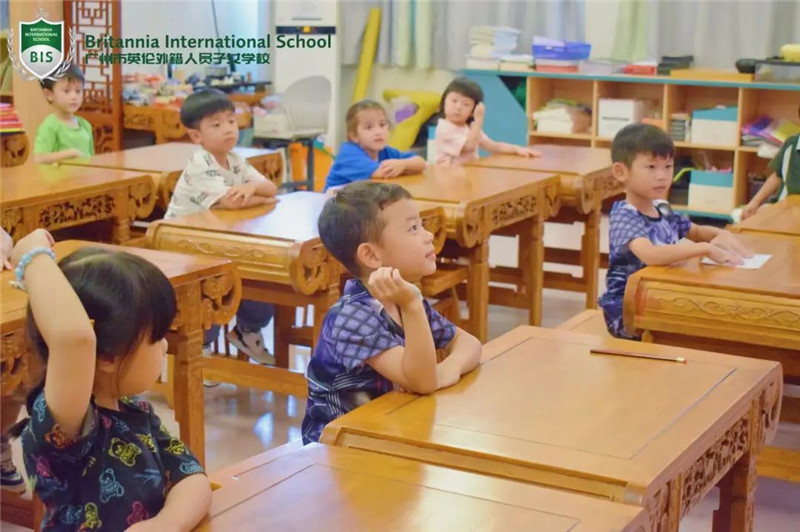
"Little kitten, meow meow, quickly catch the mouse when you see it." "Little chick, wears a yellow coat. Jijiji, wants to eat rice."... Along with the teacher, our children read catchy Chinese character songs in class. In Chinese class, children can not only get to know some simple Chinese characters, but also improve their ability to hold a pencil through a series of pencil-holding games and activities such as drawing horizontal lines, vertical lines, slashes, etc. Therefore, this fully lays a solid foundation for their Y1 Chinese learning.
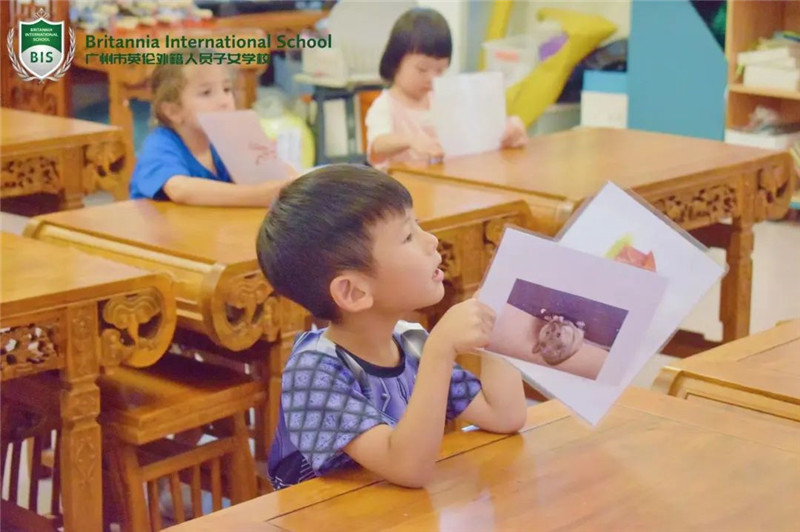
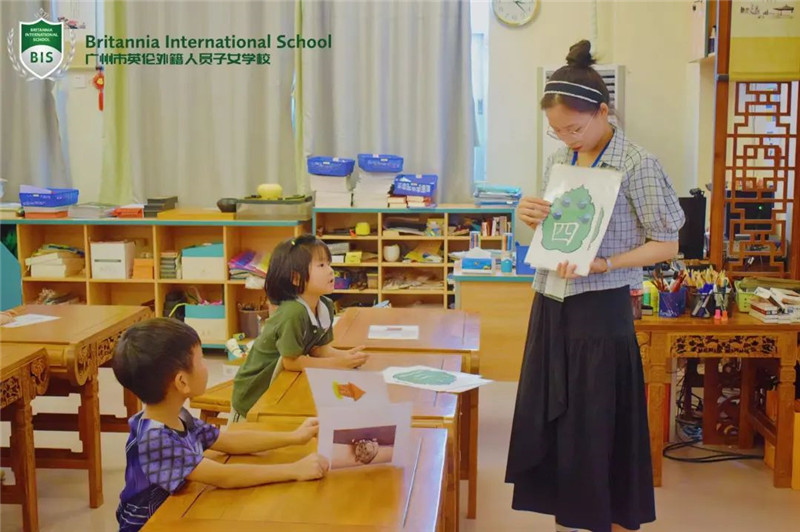
Science - Investigating Digestion in the Mouth
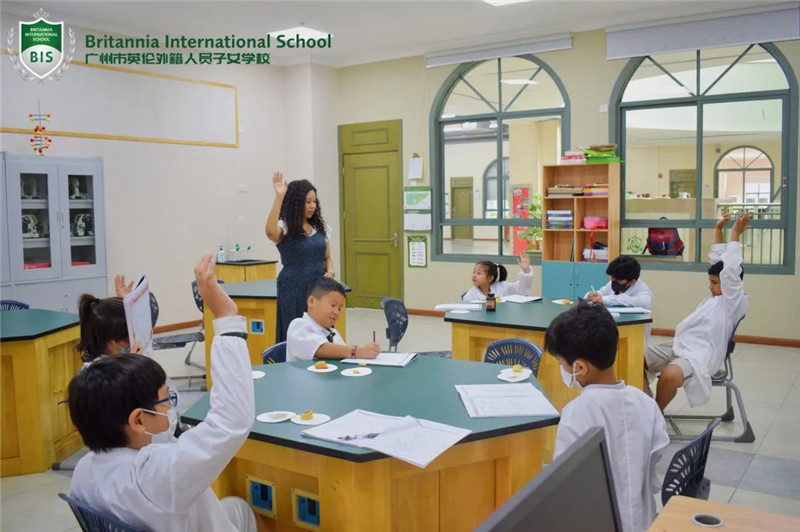
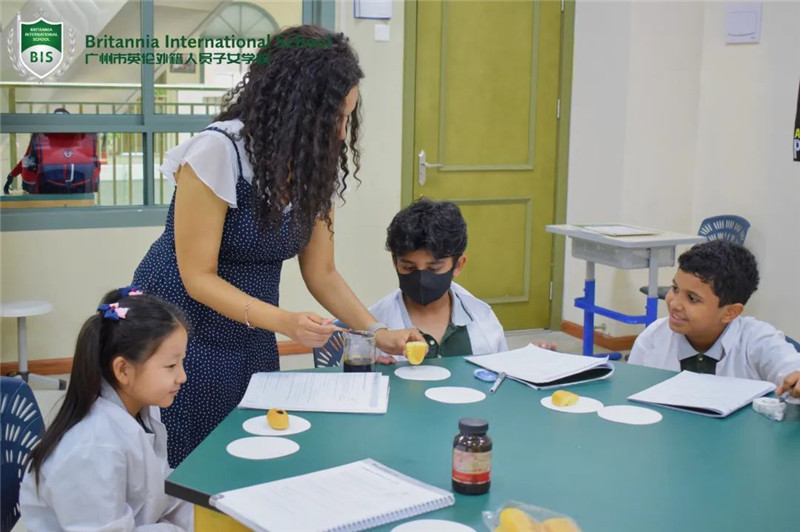
Year 6 continues with learning about the human body and focuses now on the digestive system. For this practical investigation, each learner was given two pieces of bread - one that they chew and one which they do not. An iodine solution is added in both samples to demonstrate the presence of starch in bread, and learners also observed the difference in form between food items that have been slightly digested (in the mouth) and those that have not. Learners then had to answer posed questions related to their experiment. Year 6 had a fun and interesting time with this simple practical!
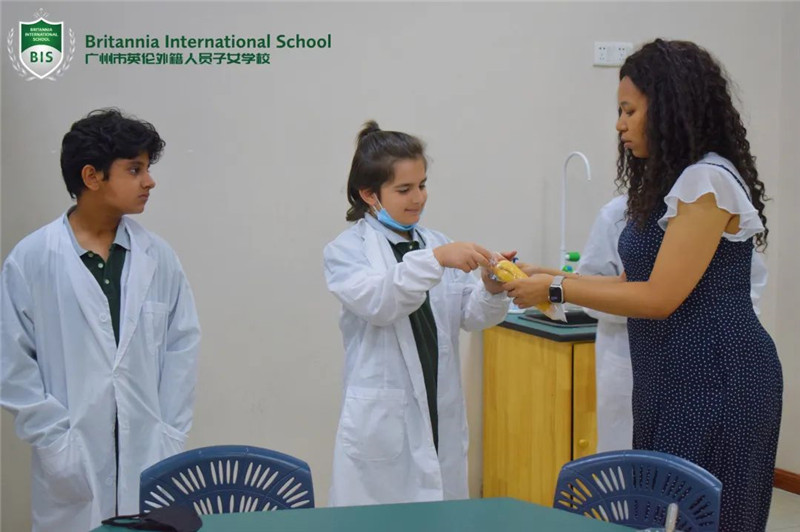
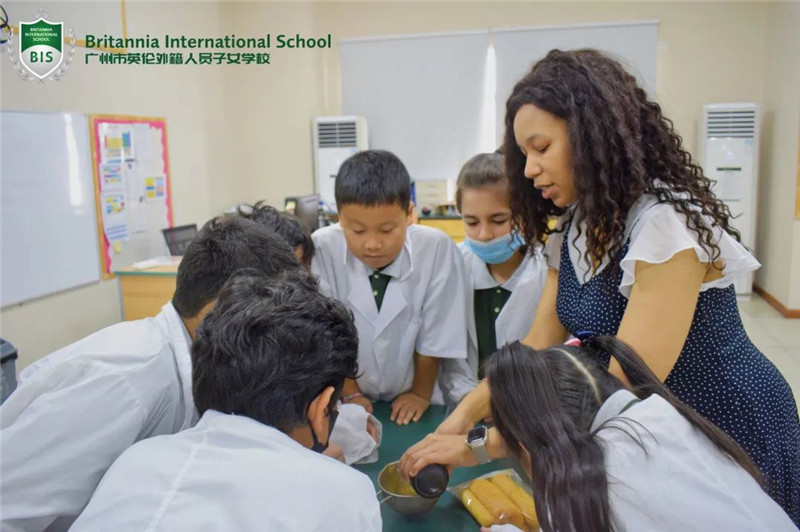
Puppet Show
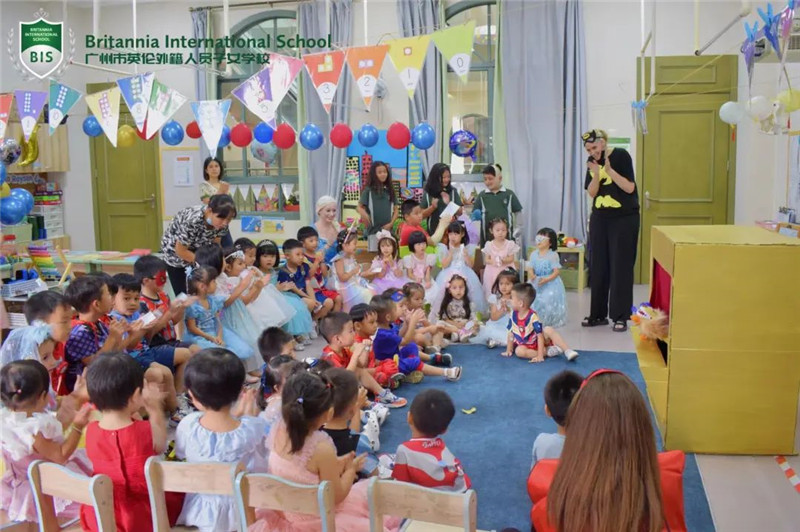
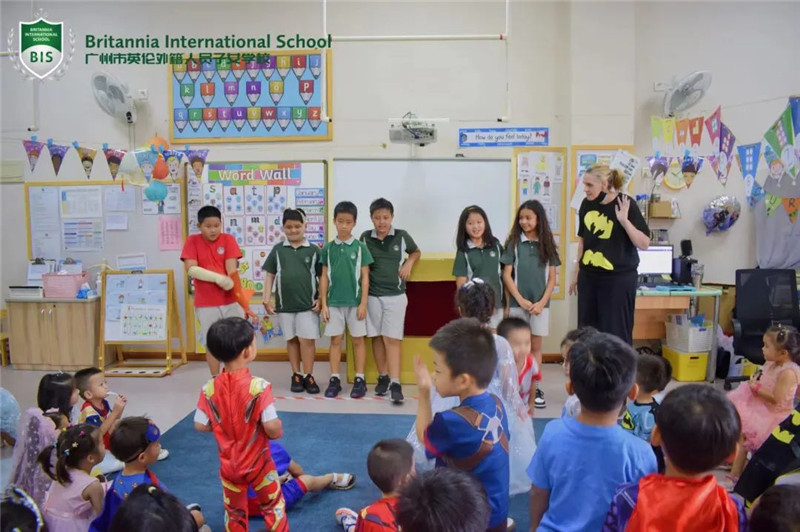
Year 5 finished their fable unit this week. They needed to meet the following Cambridge learning objective: 5Wc.03 Write new scenes or characters into a story; rewrite events from the viewpoint of another character. The students decided that they would like to edit their friend's fable by adding new characters and scenes.
The students worked really hard writing their fables. They used dictionaries and thesauruses to help them to expand their writing - looking for adjectives and words that might not be commonly used. The students then edited their fables and practiced ready for their performance.
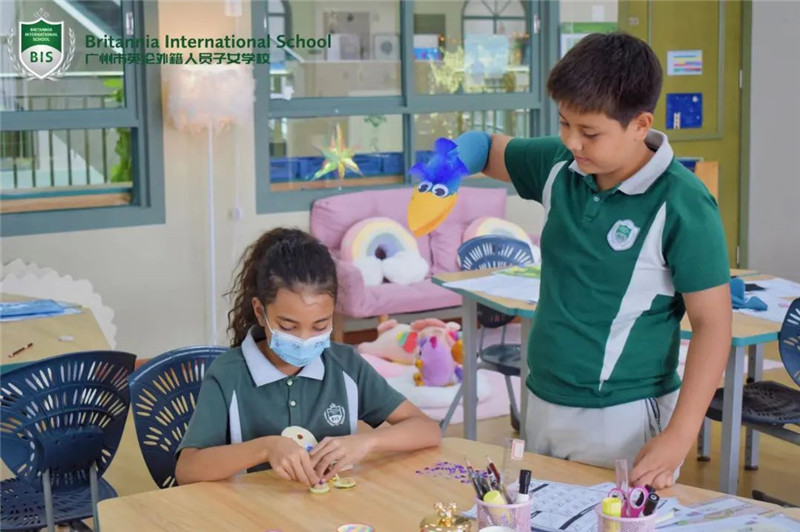
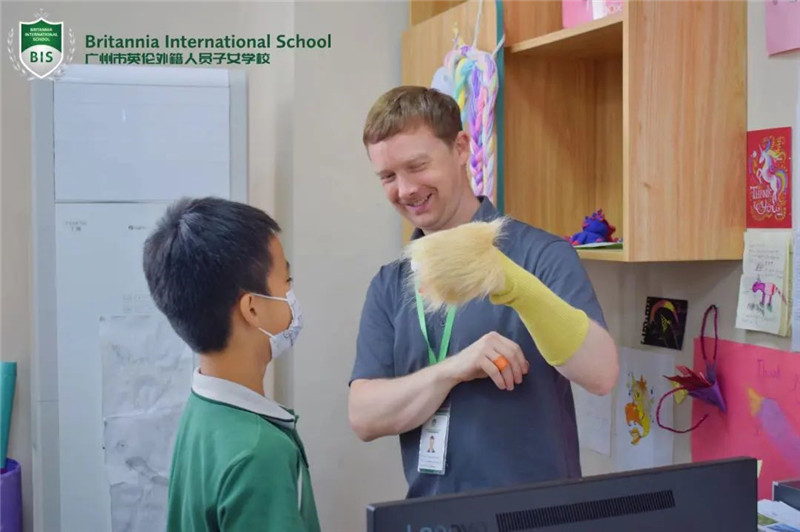
Finally, they performed to our EYFS students who laughed and appreciated their performances. The students tried to include more dialogue, animal noises and gestures so that the EYFS students could enjoy their performance even more.
Thank you to our EYFS team and students for being a wonderful audience as well as to everyone who supported us in this unit. Incredible work Year 5!
This project met the following Cambridge learning objectives: 5Wc.03 Write new scenes or characters into a story; rewrite events from the viewpoint of another character. 5SLm.01 Speak precisely either with concision or at length, as appropriate to context. 5Wc.01 Develop creative writing in a range of different genres of fiction and types of poems.* 5SLp.02 Convey ideas about characters in drama through deliberate choice of speech, gesture and movement. 5SLm.04 Adapt non-verbal communication techniques for different purposes and contexts.
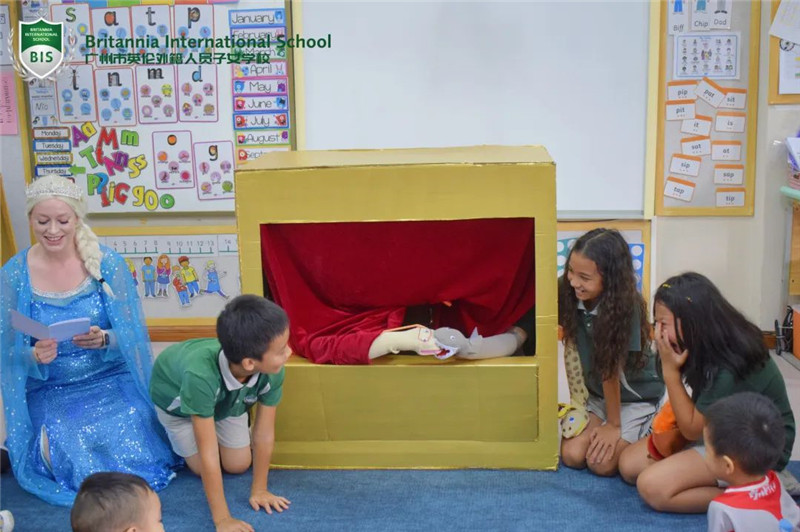
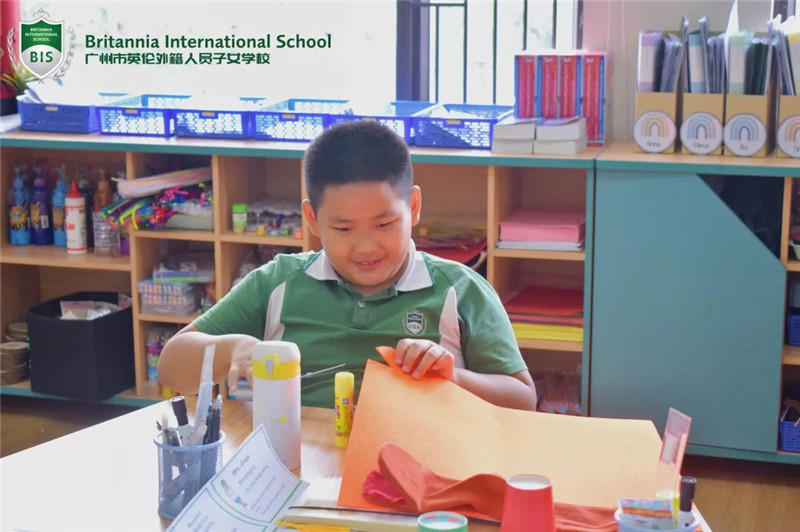
Post time: Dec-23-2022







